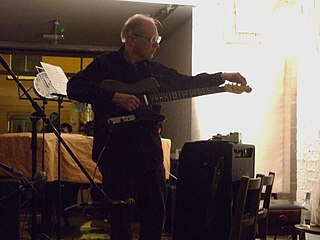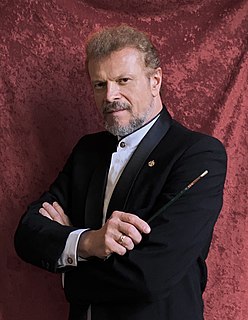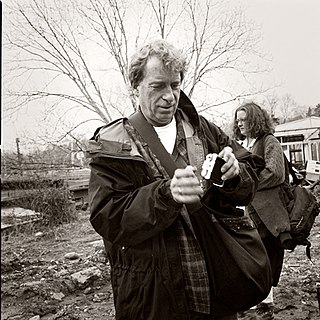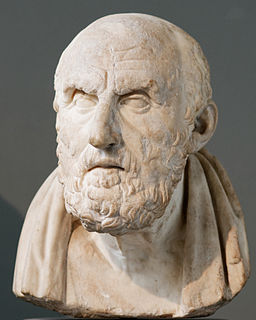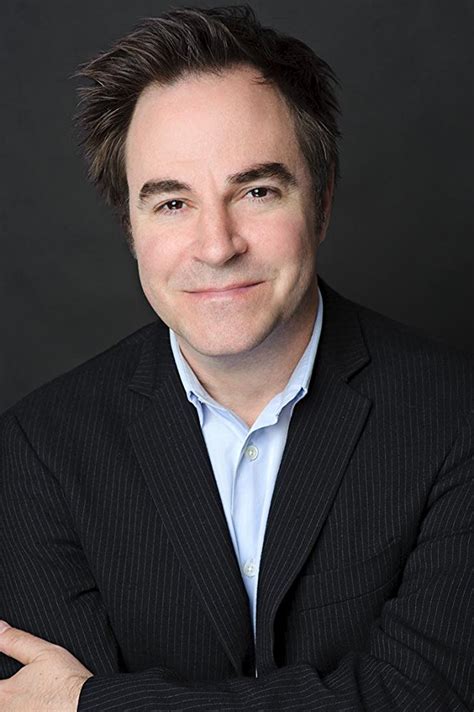A Quote by Henry Flynt
In classical oil painting, there seemed to be a radical turn to seeing things as the camera sees them, with that technological modification. I began to have a tremendous problem with all of this.
Related Quotes
Classical economics values things by seeing how much someone will pay for them. But this is where classical economics is wrong. What it fails to account for are all the 'externalities' - the services people regard as free goods: pollination services, flood protection, climate regulation, soil stabilization, carbon sequestration.
Photography is painting with light! The blurs, the spots, those are errors! But the errors are part of it, they give it poetry and turn it into painting. And for that you need as bad a camera as possible! If you want to be famous, you have to do whatever you're doing worse than anyone else in the whole world.
My background is in painting but in school in the sixties, like many artists of that time, I believed that painting was dead. I began to work in collaboration with other artists in the creation of performances and installation works. Soon after, I started making video and photographic works and in the process became fascinated with the media itself. Before long I was setting things up just for the camera. In l970 I got a dog and he turned out to be very interested in video and photography as well.
You think OWS is radical? You think 350.org was radical for helping organize mass civil disobedience in D.C. in August against the Keystone Pipeline? We're not radical. Radicals work for oil companies. The CEO of Exxon gets up every morning and goes to work changing the chemical composition of the atmosphere. No one has ever done anything as radical as that, not in all of human history.
The modification of prejudice takes a long time, and occurs as the result of a thousand things that happen to the prejudiced person - things he sees and hears and reads, people he talks to, and places he visits. Any given reformer must be content to take a small and obscure place in a chain of cumulative pressures.
